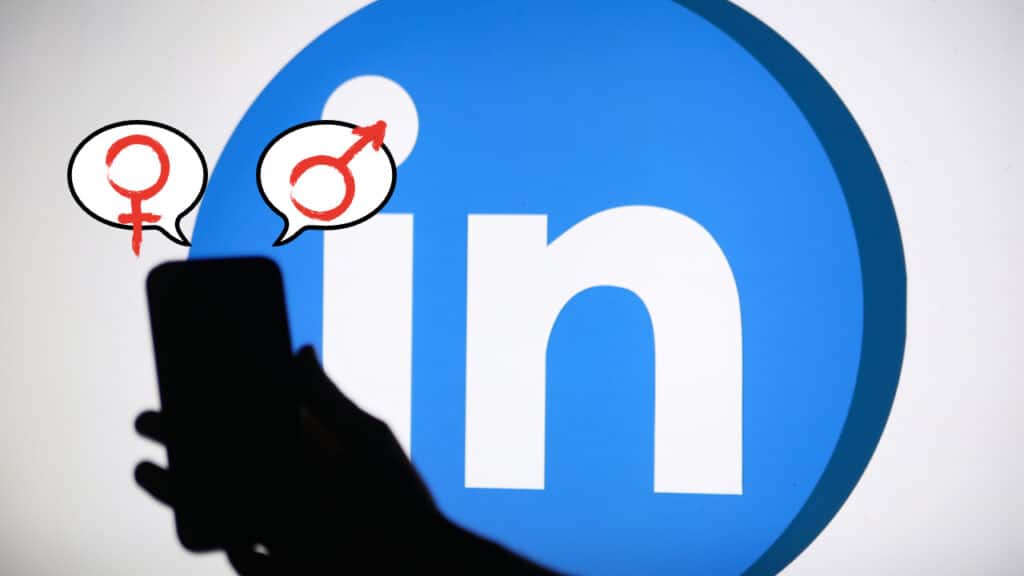
Latina Equal Pay Day: Another Year, Same Pay Gap—Why Progress for Latinas Is Slipping
Another year has gone by since we last reported on the wage gap impacting Latinas in the United States. But here we are, back again on Latina Equal Pay Day, with little change to show.
Today marks how far into the year Latinas must work to earn what their white male counterparts made in the previous year alone.
Despite heightened awareness and calls for equality, new research shows that Latinas still face some of the worst barriers to career advancement and fair compensation. In fact, the pay gap actually got wider for our community.
Progress Is Fragile: Latinas Face the Worst “Broken Rung” in a Decade
According to the 2024 Women in the Workplace report by McKinsey & Company and LeanIn.Org, Latinas are experiencing the worst “broken rung” in ten years. For every 100 men promoted to manager, only 65 Latinas are given the same opportunity—putting them at a severe disadvantage early in their careers.
The report highlights that although Latinas make up 9.6% of the U.S. population, they hold just 1.4% of C-suite positions. This staggering underrepresentation means that Latinas continue to be locked out of leadership roles, making it nearly impossible to shatter the glass ceiling and reach true career parity.
Progress for Latinas remains fragile, and advancements made over the past decade are at risk of regression.

Discrimination and Bias Persist
The study also revealed that women of color, particularly Latinas, face significant headwinds in their career trajectory. Companies are offering fewer mentorship and sponsorship opportunities, with only 16% of companies providing formal sponsorship programs tailored to women. For women of color, that number drops to a dismal 8%.
Despite efforts by companies to offer employee resource groups, support systems specifically aimed at women of color are declining. This resource reduction has left Latinas without the backing they need to advance.
Without formal programs and support networks, the gaps between Latinas and their peers are widening rather than closing.
The Impact of the Broken Rung
The broken rung refers to the gap Latinas encounter at the very first step of their career: promotion to manager.
When Latinas are passed over for these roles, it not only prevents them from gaining leadership experience but also hinders their chances of rising within the organization.
Over time, this lack of opportunity compounds, pushing Latinas out of the pipeline for higher-paying, higher-status roles.
The report also found that, across every level, women of color see dramatic drops in representation. For Latinas who are overrepresented in entry-level positions but underrepresented in senior roles, this is a systemic problem that needs addressing.

Losing Ground in Diversity Efforts
Perhaps the most disappointing finding is that companies are backpedaling on commitments to gender and racial diversity. According to the study, only 78% of companies now say gender diversity is a high priority, down from 87% in 2019. The numbers are even lower for racial diversity, dropping from 77% in 2019 to 69% in 2024.
With declining support for diversity and fewer opportunities for advancement, the outlook for Latinas in corporate America remains bleak.
If this trend continues, we could see further erosion in the progress made for women of color in the workplace.
Why Latina Equal Pay Day Still Matters
Latina Equal Pay Day is a crucial reminder that the fight for pay equity is far from over. According to the Women in the Workplace report, Latinas now earn 51 cents for every dollar earned by white men, from 57 in previous years. This pay gap has real-life consequences, impacting not only Latinas but also their families and communities.
The report makes it clear: closing the wage gap is not just about fairness; it’s about economic empowerment. If companies are serious about supporting their Latina employees, they need to invest in mentorship, sponsorship, and equitable pay policies that help create sustainable and meaningful change.

What Needs to Happen Next
For Latinas to reach their full potential in the workforce, companies need to take bold steps. The Women in the Workplace report recommends that organizations focus on:
1. Breaking the Broken Rung: Promote more Latinas to managerial roles to build a pipeline of Latina leaders.
2. Expanding Support Programs: Increase the number of mentorship and sponsorship opportunities specifically aimed at Latinas and women of color.
3. Commit to Diversity and Inclusion: Companies must prioritize gender and racial diversity and back their commitments with action.
Without these changes, Latinas will continue to struggle for equal pay and representation in leadership roles. Latina Equal Pay Day is a call to action, reminding us that the journey to true equality is far from over.
Looking Ahead
The 2024 Women in the Workplace report reveals that the battle for Latina pay equity isn’t just about paychecks. It’s about access, opportunity, and dismantling the systemic barriers that keep Latinas from reaching their full potential.
As we mark this year’s Latina Equal Pay Day, it’s time for companies to step up and do the work necessary to create lasting change—because the progress we’ve made isn’t just fragile; it’s unsustainable without true commitment.




